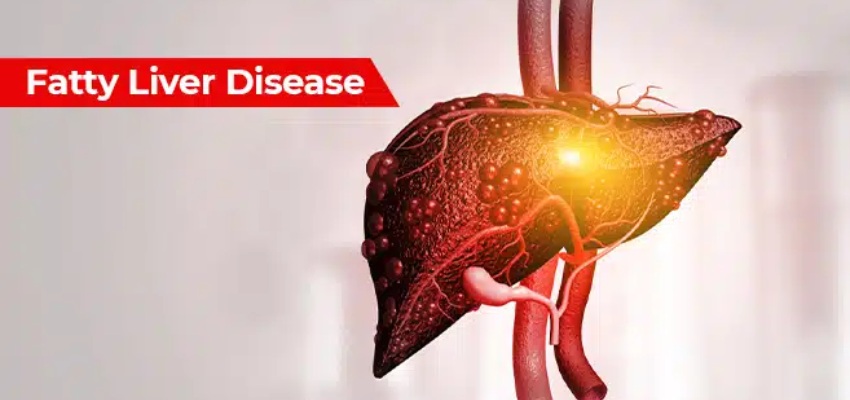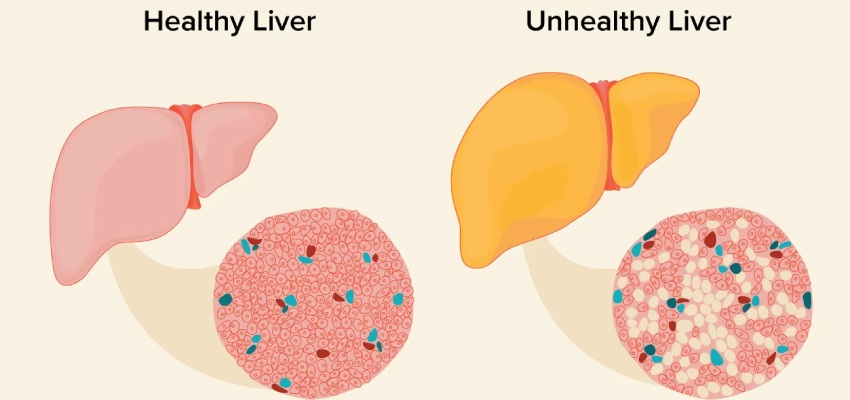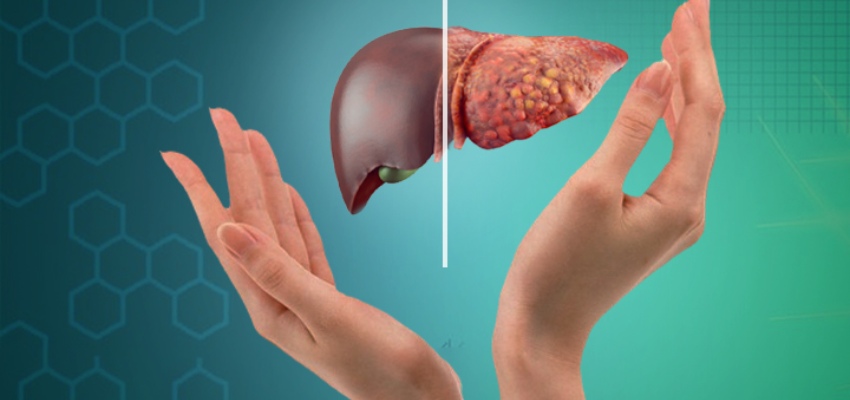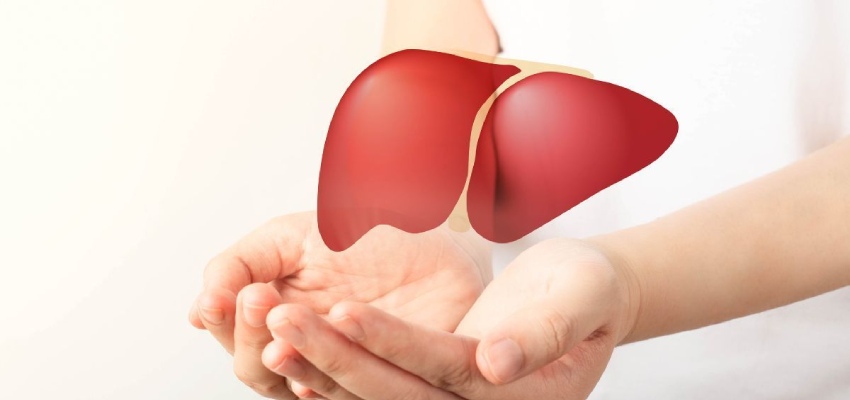Grade 1 fatty liver, also referred to as a mild hepatic steatosis, is the initial stage and the least serious stage of a disease known as fatty liver disease, which can lead to liver dysfunction after some time, if not addressed.
It occurs when there is an excessive buildup of fat in your liver cells. The good news is that most of the time, Grade 1 fatty liver is harmless and does not appear to cause any symptoms.
Most of the time many of these individuals are completely unaware that they have this condition until it is discovered accidentally during a routine blood test or imaging exam.
But it should be noted that Grade 1 fatty liver can have undesirable consequences as it may lead to the more severe stages of NAFLD if not addressed.
These later stages can result in the more severe complications such as cirrhosis liver failure and even death. So, it should be considered, and it is necessary to do something to prevent it from developing into more severe stages.
What is Grade 1 fatty liver?
The liver is a vital organ that plays a role in many important functions of our body. Including filtering toxins from your blood, storing nutrients, and producing proteins.

When you have grade 1 fatty liver, it means that between 5% and 10% of your liver cells are filled with fat. This is a relatively small amount, but it’s enough to be a cause for concern.
Have a look at congestion in lungs.
What causes Grade 1 fatty liver?
There are several factors that can contribute to the development of grade 1 fatty liver, including :

- Diet: A diet loaded with saturated fat, sugar, and refined carbohydrates may lead to fat accumulation in the liver.
- Obesity or being overweight: This is one of most common risk factors of fatty liver disease.
- Insulin resistance: This is a condition in which your body does not effectively use insulin and can result in excess sugar in your bloodstream and fat storage in your liver. Which can be a major reason for grade 1 fatty liver development.
- High cholesterol: Your blood lipid profile can also have an impact on the risk of fatty liver disease; having high LDL cholesterol (the bad cholesterol) and low HDL cholesterol (the good cholesterol) increases your likelihood of developing fatty liver disease.
- Diabetes: The risk of developing fatty liver disease is higher in people with type 2 diabetes.
- Metabolic syndrome: This is a group of risk factors that land in obesity, high blood pressure, high blood sugar and high cholesterol.
- Certain medications: The risk of developing fatty liver disease can be increased by some medications, such as corticosteroids and certain anti-seizure drugs.
- Other medical conditions: Some already underlying medical conditions can also be the factors which may lead to fatty liver for example – polycystic ovary hypothyroidism, certain types of infections, etc.
- Excessive alcohol consumption: Although not the major cause of grade 1 fatty liver, chronic consumption of alcohol can lead to fatigue in the liver.
Get information about – How to clean lungs
What are the symptoms of Grade 1 type of fatty liver?

Common symptoms may range from a general feeling of tiredness, a bit of bowel discomfort and general feeling of a heavy feeling in the upper right side of the abdomen.
It is also crucial to note that in the case of grade 1 fatty liver, the condition is generally asymptomatic with the symptoms only manifesting as the disorder advances.
Grade 1 fatty liver is often found without any specific diagnosis during a regular blood screen or imaging for another medical problem.
You can also look at cancer treatment in ayurveda.
How is Grade 1 fatty liver treated?
Unfortunately , there is no specific treatment for grade 1 fatty liver. However, there are several things you can do to prevent it from progressing to more serious stages, such as:

- Lose weight: If you’re overweight or obese, losing even a small amount of weight can improve your liver health, As fat accumulation is the main reason for grade 1 fatty liver development.
- Eat a healthy diet: Choose a diet that is low in saturated fat and processed foods, and high in fruits, vegetables, and whole grains.
- Exercise regularly: exercising regularly and adopting a healthy lifestyle with proper body exercising schedule and yoga can help in treatment of grade 1 fatty liver.
- Manage your blood sugar: If you have diabetes, it’s important to make sure that you keep your blood sugar levels under control.
- Limit alcohol intake: If you drink alcohol, try to limit it or do it in moderation.
You should also know – Obsessive compulsive personality disorder
Prognosis of Grade 1 fatty liver
With lifestyle changes, most people with grade 1 fatty liver can prevent the progression of the disease and maintain normal liver function.
However, it is important to monitor the condition regularly with your doctor.
Read about – Fatty liver grade 2
Conclusion
Although grade 1 fatty liver is not considered dangerous in itself, if left untreated, it can lead to more severe liver damage. It is crucial to address the underlying causes and make lifestyle modifications to prevent further progression.
Treatment for grade 1 fatty liver often involves adopting a healthy diet, regular exercise, weight loss and avoiding alcohol consumption.
These lifestyle changes can help reduce the accumulation of fat in the liver and improve overall liver health. It is important to be aware of the symptoms and take appropriate measures to prevent further liver damage.
By making lifestyle changes and seeking medical guidance, individuals with grade 1 fatty liver can effectively manage the condition and improve their liver health over time.
FAQs about Ggrade 1 fatty liver
Q: Is grade 1 fatty liver serious?
A: Grade 1 fatty liver is not usually serious, but it’s important to be aware of it and take steps to prevent it from progressing to more serious stages.
Q: Can grade 1 fatty liver be reversed?
A: Yes, grade 1 fatty liver can often be reversed with lifestyle changes, such as losing weight, eating a healthy diet, and exercising regularly.
Q: What are the complications of grade 1 fatty liver?
A: If left untreated, grade 1 fatty liver can progress to more serious stages of fatty liver disease, such as fibrosis and cirrhosis. These conditions can damage your liver and lead to serious health problems, including liver failure.
Q: What should I do if I think I have grade 1 fatty liver?
A: If you’re concerned about your liver health, talk to your doctor. They can do some tests to see if you have grade 1 fatty liver and recommend treatment options.
Consider reading –
- Ovarian cyst icd 10
- Varicose veins treatment in ayurveda
- Leucoderma treatment in homeopathy
- Ayurvedic treatment for piles and fissures